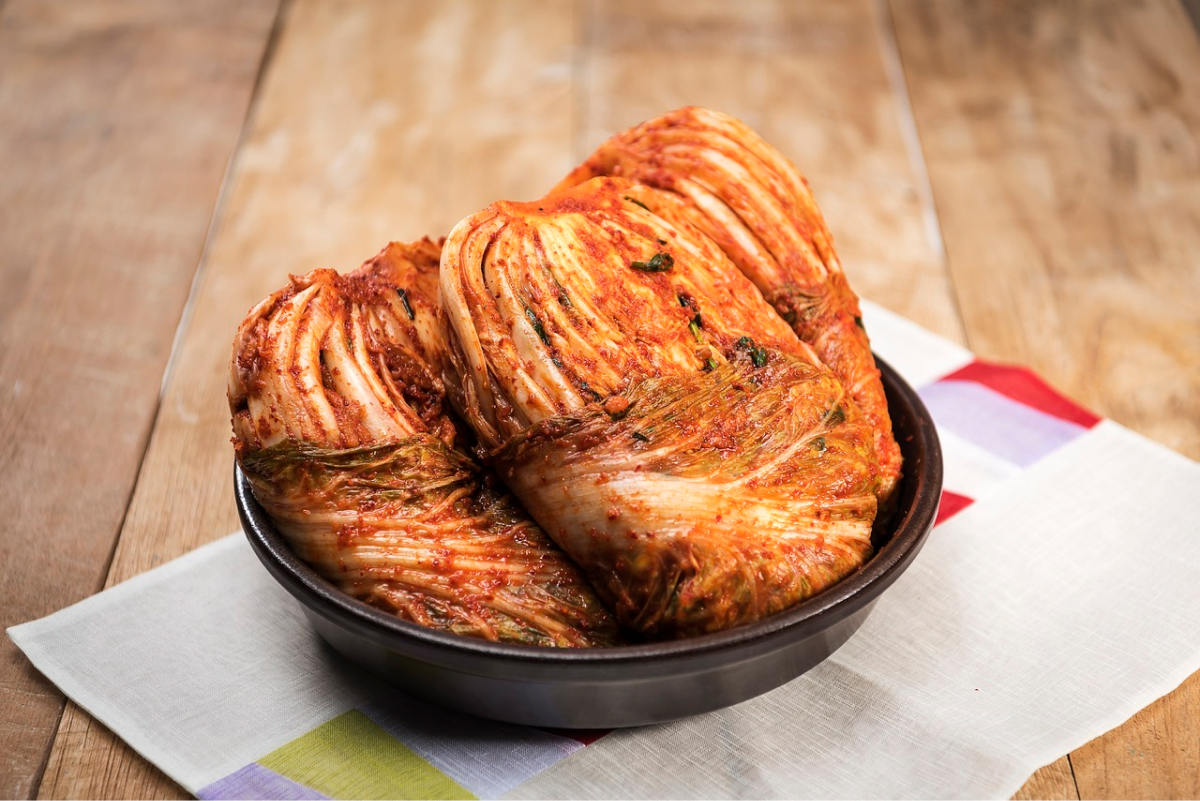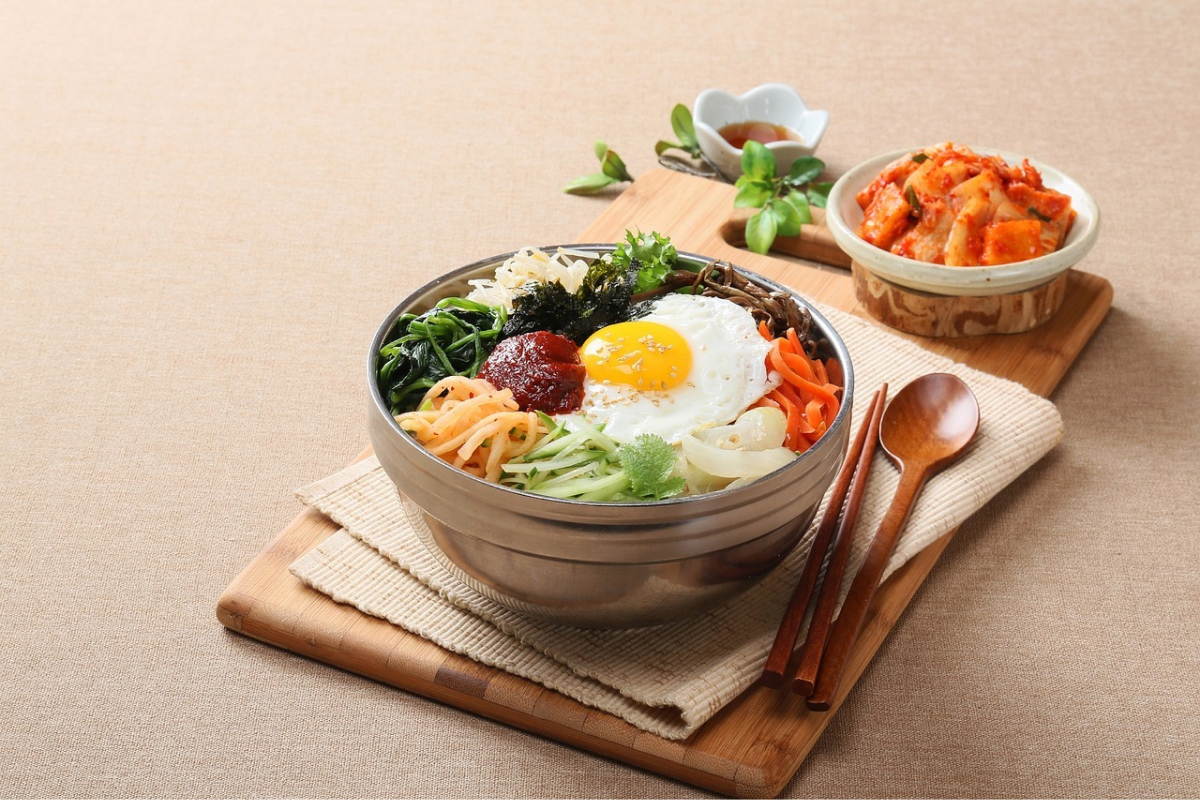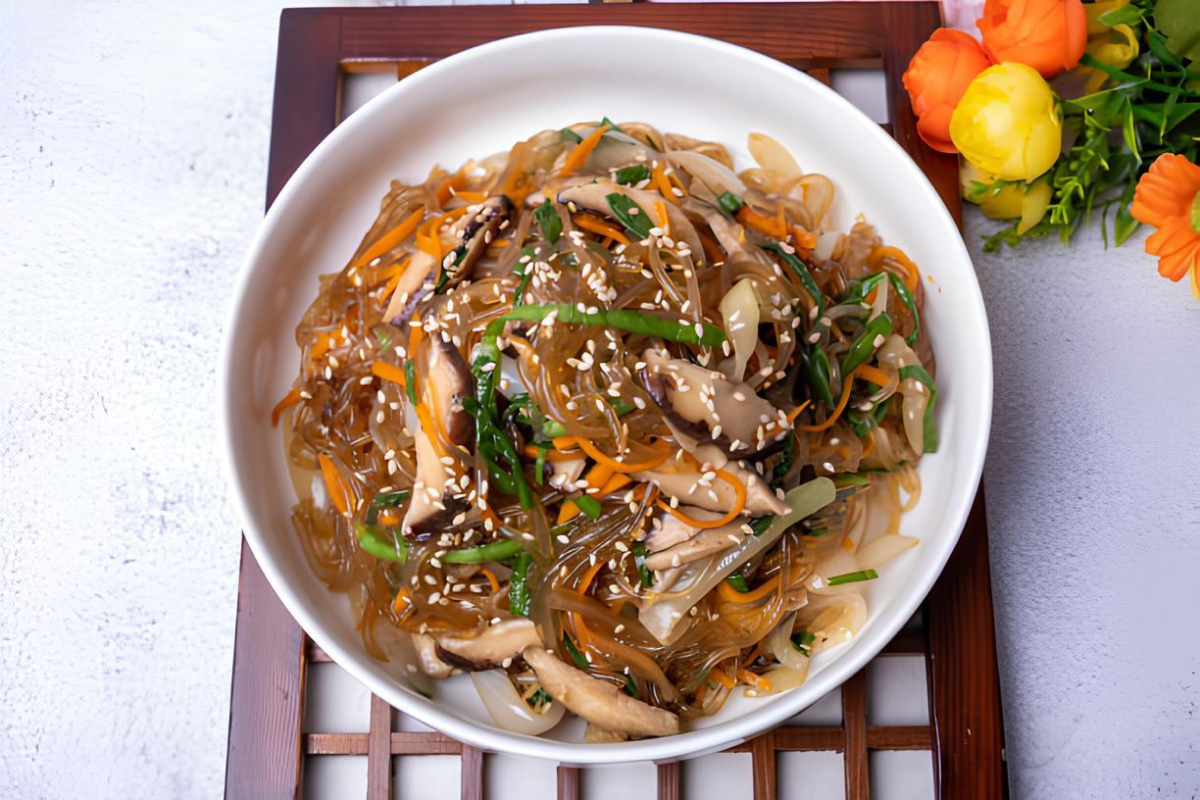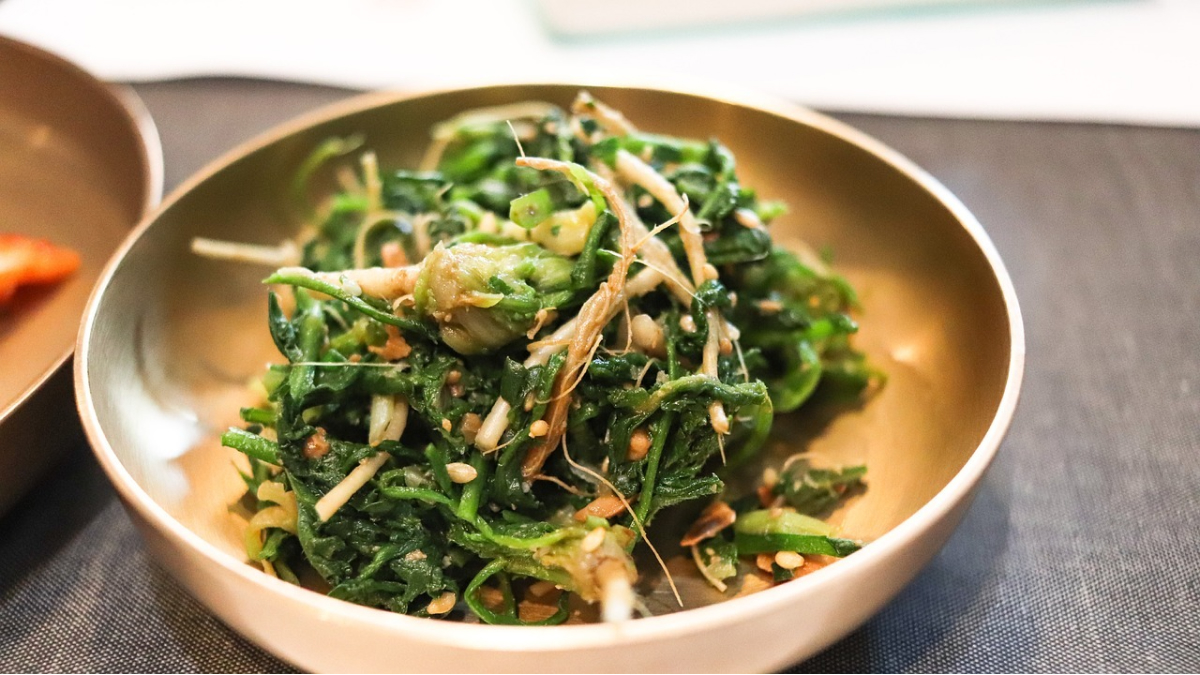In Korea, vegetarianism isn’t particularly common, and finding people who follow a strictly vegetarian lifestyle is even rarer. As a result, being vegetarian in Korea might feel more challenging than expected.
In this article, we’ll explore Korea’s perception of vegetarianism, the interest level among Koreans, and introduce you to various vegetarian dishes, restaurants, cafes. By the end, you’ll know how to make vegetarian living in Korea easier and more enjoyable.
Let’s start by looking at how much interest Koreans have in vegetarianism.
Korea’s Vegetarian Landscape
Koreans often misunderstand vegetarianism as simply eating vegetables, and the strict standards for "complete vegetarianism" make it difficult to mainstream the lifestyle.
However, since the COVID-19 pandemic, there’s been a noticeable rise in interest. Despite this growth, vegetarian ingredients are still relatively expensive, making accessibility a challenge.
Let’s dive into a survey to understand just how much interest Koreans have in vegetarianism.
Source: Korean Research Regular Survey "Public Opinion in Opinion"
Current State of Korea’s Vegetarian Population
According to a survey, 18% of respondents identified as practicing or pursuing vegetarianism, a 2% increase from last year’s 16%. This means 1-2 out of 10 people are interested in vegetarianism. Interestingly, the proportion is higher among older adults, with 1 in 3 individuals aged 60 and above either practicing or pursuing vegetarianism.
Among those surveyed, 5% identified as strict vegetarians. Within this group, about 10% of those aged 60 and above called themselves vegetarians, while the figure was in single digits for those under 40.
Why Don’t People Become Vegetarians?
Among the 816 respondents who are neither vegetarians nor pursuing vegetarianism, the top reasons cited were:
- "I don’t feel the need" (53%)
- "I think being strictly vegetarian is unhealthy" (52%)
The belief that vegetarianism is unhealthy was more common among older respondents, with over 64% of those aged 60 and above choosing this reason. Interestingly, the same demographic cited health as a reason both for and against vegetarianism.
On the other hand, younger people were more likely to say they enjoy meat or dairy too much to give them up. Among those aged 18-29, 54% gave this as their reason, compared to 60% in their 30s and 48% in their 40s.
In short, older generations avoid vegetarianism for health reasons, while younger generations simply prefer meat and dairy.
Future Prospects for Vegetarianism in Korea
37% of respondents said they plan to adopt vegetarianism in the future, while 63% said they wouldn’t. Although the majority remain uninterested, over one-third expressed a consistent willingness to try vegetarianism, similar to last year’s findings.
Currently, about 90% of Koreans are not vegetarians, with only 18% identifying as such. For vegetarian culture to expand, it’s essential for more non-vegetarians to adopt the lifestyle. However, only 25% of non-vegetarians expressed a willingness to try it—about 1 in 4 people.
Gender and age also play a role:
- Women (42%) are more likely to consider vegetarianism than men (32%).
- Older generations, especially those over 50, show increased interest, with nearly half expressing a desire to adopt vegetarianism.
As older adults continue to drive the trend, it’s expected that they will make up a significant portion of Korea’s vegetarian population in the future.
Famous Vegetarian Dishes in Korea
Korean cuisine offers a variety of vegetarian-friendly dishes, especially those based on vegetables, legumes, and fermented ingredients. Let’s explore some representative options:

Kimchi
A staple fermented dish made with napa cabbage and radish. While traditional recipes use shrimp paste or anchovy sauce, vegetarian versions use salt, chili powder, onion, and garlic for a similar umami flavor.
Doenjang Jjigae
A soybean paste stew made with tofu, potatoes, zucchini, and mushrooms. Replace meat-based broth with vegetable stock for a fully vegetarian dish.

Bibimbap
A mixed rice dish topped with assorted vegetables, gochujang (chili paste), and sesame oil. Vegetarian versions replace the egg with tofu or additional greens.

Japchae
Stir-fried glass noodles with vegetables like spinach, carrots, and mushrooms. Made with soy sauce and sesame oil, it’s naturally vegetarian.

Namul Banchan
Seasoned vegetable side dishes like spinach, bracken, and bellflower root—rich in vitamins and minerals.
Gimbap
Korean rice rolls made with seaweed, filled with carrots, cucumbers, tofu, and avocado instead of eggs or ham.
Tteokguk & Tteokbokki
These dishes use rice cakes, making them inherently vegetarian when paired with vegetable-based broths or sauces.
Recommended Korea's Vegetarian Restaurants
Here are some must-visit vegetarian-friendly spots in Korea:
Osegyehyang
(Seoul, Insadong): Known for dishes like plum tangsuyuk (sweet and sour "pork") and vegan tteokbokki.
Maru Natural Cuisine Kimbap
(Seoul, Insadong): A vegan-friendly snack bar offering delicious kimbap and tteokbokki.
Plant Yeonnam
(Seoul, Mapo): Offers international-inspired vegan dishes like hummus salads and falafel bowls.
Sunny Bowl
(Seoul, Mapo): Specializes in vegan-style Western dishes like pasta, soups, and salads.
March Rabbit Salad Gangnam
(Seoul, Gangnam): Serves California-style salads and rice bowls, free of artificial additives.
Camouflage
(Seoul, Itaewon): Offers 100% vegan American-Chinese dishes like soft orange chicken and spicy peanut butter noodles.
Monk’s Butcher
(Seoul, Itaewon): A casual vegan restaurant serving pastas, risottos, and avocado soba noodles.
Alt-A Itaewon
(Seoul, Itaewon): A Michelin-recognized vegan Chinese restaurant with plant-based alternatives.
Recommended Korea’s Vegetarian Cafes
Vegetarian cafes and bakeries are also growing in popularity:
The Bread Blue
(Seoul, Seocho): A vegan bakery offering organic, animal-free bread.
Le Bon Temps
(Seoul, Mapo): A vegan cafe known for healthy baked goods like sandwiches, granola, and yogurt.
In this guide, we’ve explored Korea’s perspective on vegetarianism, introduced vegetarian-friendly dishes, and recommended restaurants and cafes. If you’re feeling unsure about how to navigate vegetarian living in Korea, this guide will make it easier to start your journey. Enjoy exploring Korea’s growing vegetarian scene!



































